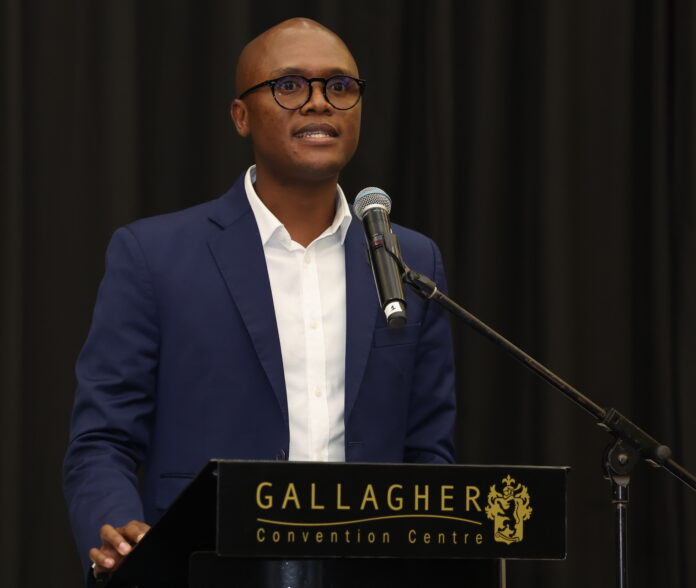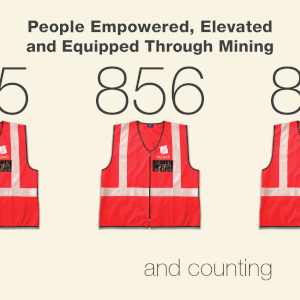By Lesedi Sibiya-Diplomatic Inside
On Friday 23 May 2025, Minister of Communications and Digital Technologies Solly Matlatsi moved to ease Black Economic Empowerment (B.E.E) laws which proposes that foreign companies must sell 30% of their equities to localised businesses in order to accommodate South African tech mogul Elon Musk’s satellite internet service company StarLink. This comes at the back of South African President Cyril Ramaphosa and United States President Donald Trump’s meeting last week Tuesday.
Elon Musk has made claims that South Africa does not want his company to operate in South Africa due to racism, believing that South Africa’s denial of his company operating in the country is because they are racist against white business owners. “First of all, why are there racist laws in South Africa that’s the first thing you should be attacking…the whole idea with what Nelson Mandela proposed is that all races should be on an equal footing in South Africa that’s the right thing to do, not to replace one set of racist laws with another set of racist laws which is utterly wrong and improper” said Elon Musk in an interview at the Qatar Economic Forum last week. On Friday 23 May 2025, Minister Solly Matlatsi proposed that foreign companies can instead invest in “Equity Equivalence Programmes” which means that foreign companies could sign up localised suppliers, which would in turn create job opportunities as well as financing localised small businesses. Although the B.E.E programme has been tainted by corruption, it also has had some benefits for localised small businesses, with local businesses growing at 60% in 2022, which doubled from 2019.
This is seen as a measure to consolidate relations which are already dwindling between South Africa and the United States, who believe that South Africa are perpetuating acts of genocide against white South African citizens. As Elon Musk is also the Senior Advisor to President Trump, these claims could be fuelled by the Tech Mogul. “There are 140 laws in South Africa that basically give strong preference if you’re a black South African” said Musk. He also added “Now I’m in this absurd situation where I was born in South Africa but cannot get a license to operate in Star Link because I am not black”. This adds further discourse as it seems to the rest of the world that South Africa is perpetuating reverse racism against white South African citizens and are now marginalizing white business owners.
The adjustment of B.E.E. laws to accommodate Elon Musk has already sparked outrage, especially since many other telecommunications companies, such as Vodafone, have complied with these very same laws without any amendments. This raises concern that the South African government may be perceived as inconsistent or showing preferential treatment.


